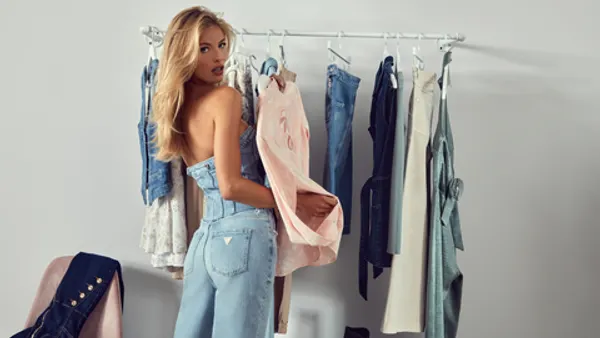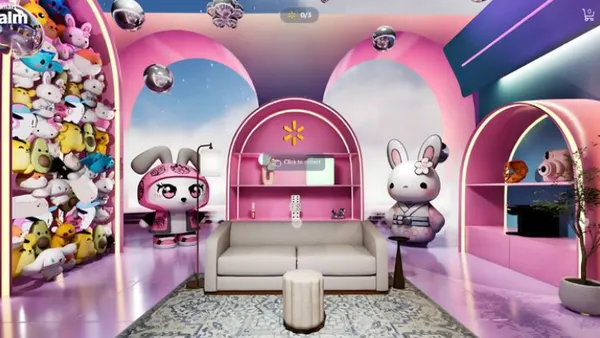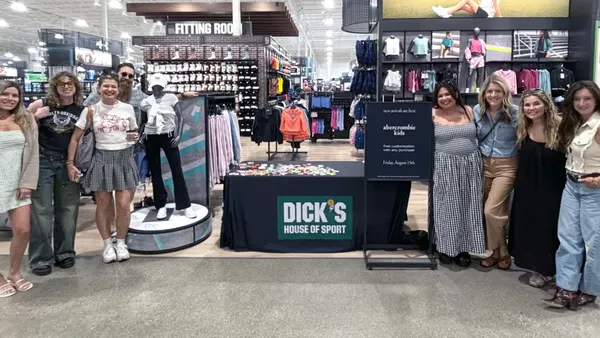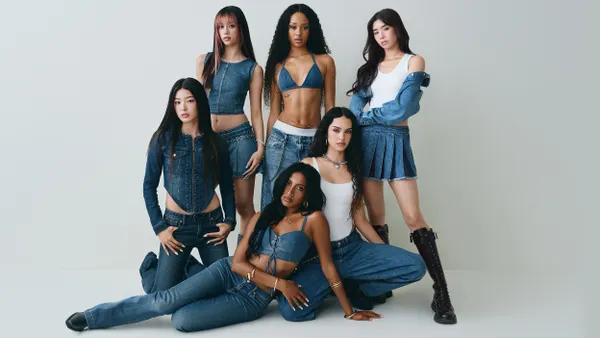Dive Brief:
-
Nike, which participated in Facebook Messenger's beta AR run, sold out of the shoes on the platform in less than an hour, Facebook confirmed to Retail Dive. The social media platform did not offer details on how many shoes were sold.
-
In order to access the shoes at all, users had to enter a series of emojis into the Facebook Messenger chatbot, obtained from Nike's social influencers, at which point they would be able to access a "Kyrie 4 'red carpet'" AR experience with the featured shoe. Once they exited, they were given the opportunity to purchase, MarTech reported.
-
The news comes just three months after another social commerce win for the company — a successful pre-release on Snapchat, in which Nike's Air Jordans sold out in 23 minutes. Nike did not immediately respond to Retail Dive's request for comment.
Dive Insight:
Nike is shaping up to be one of retail's first social commerce success stories. With both the Air Jordan Snapchat sellout and the company's success with Facebook Messenger's platform, Nike has had more luck with social selling than most, especially on a channel that is still coming of age.
There is something to be said, however, for the product category in which Nike is operating. There's a strong desire for athleisure apparel in general, but the sneaker category in particular is a popular one. Both of Nike's social commerce launches have centered on sneakers, a category that itself operates off limited edition drops to drive demand among a fan base that is often obsessive and, importantly, willing to dish out the extra cash for a unique shoe.
The sneaker market is also driven more by celebrities than other product categories, making Nike's alliance with popular basketball player Kyrie Irving another possible catalyst for the sales success. In general, consumers have been turning away from celebrity influences on their purchase decisions, especially the younger generations, but the sneaker market is a notable exception to that rule.
Sephora also participated in the beta trial, but no reports have surfaced detailing the success of that test run. Although beauty as a category, and that retailer in particular, have been known to use augmented reality more adeptly than many in retail, partially due to the number of useful applications in the beauty space, those apps are generally geared more towards trying on makeup virtually rather than purchasing a product.
Correction: A previous version of this article stated that Nike had confirmed the news. It was Facebook.














